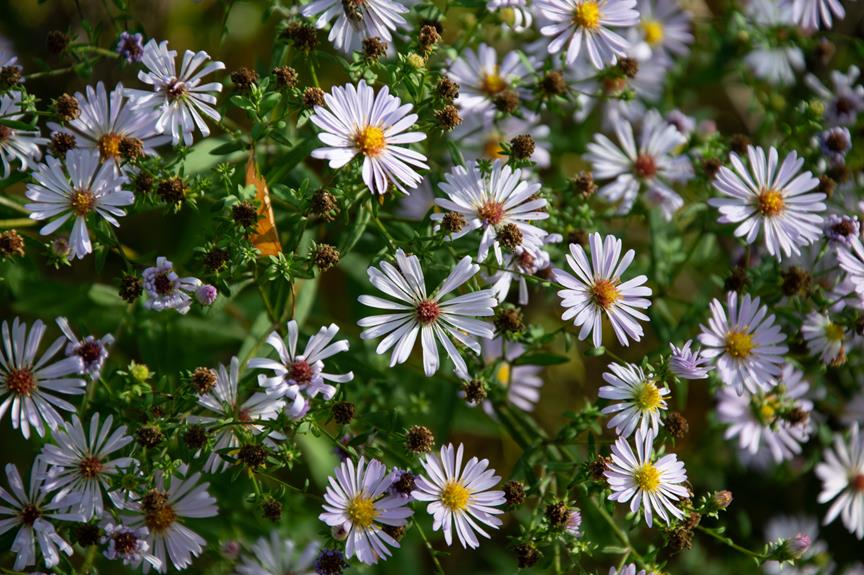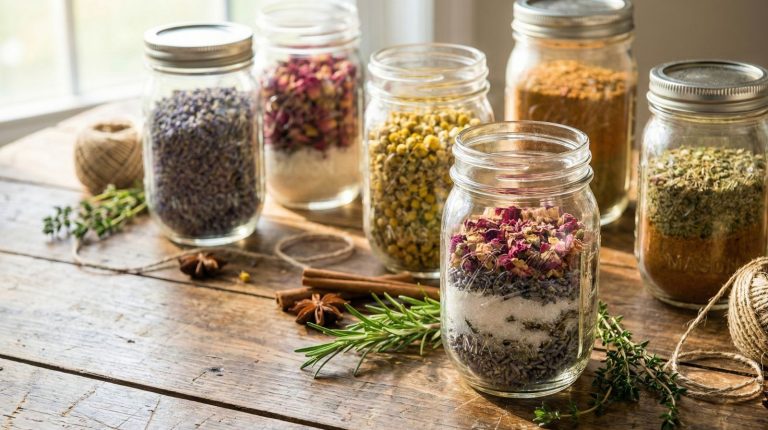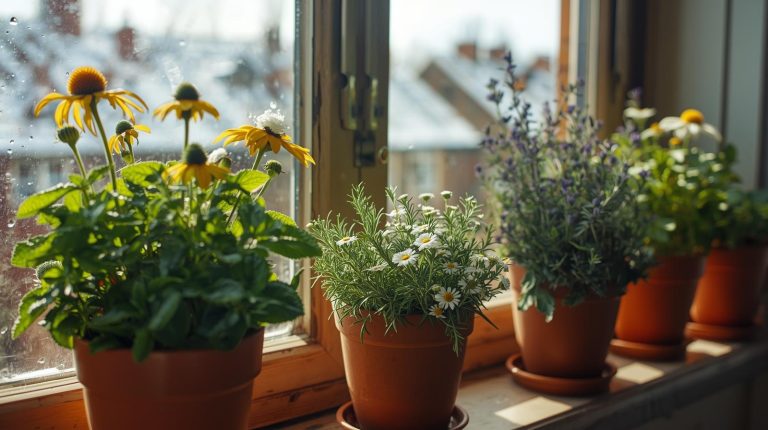Are you ready to make a positive impact on the world? With sustainable growth and green practices, you can contribute to the conservation of medicinal flora. By implementing eco-friendly cultivation techniques, organic pest control methods, water conservation strategies, and ethical harvesting practices, you can ensure the longevity of these valuable resources.
Together, we can create a future where the beauty and benefits of medicinal flora are preserved for generations to come. Join the movement for a greener and healthier world.
Importance of Conservation and Sustainability
You must prioritize conservation and sustainability to ensure the long-term viability of medicinal flora.
Climate change poses a significant threat to the survival of many plant species, including those with medicinal properties. Rising temperatures, changing rainfall patterns, and extreme weather events can disrupt the delicate balance required for these plants to thrive.
Biodiversity preservation is crucial in maintaining the resilience of ecosystems and the availability of diverse medicinal plants. By protecting and restoring natural habitats, we can create safe havens for these species to flourish.
Implementing sustainable practices, such as organic farming and responsible harvesting techniques, can further mitigate the impacts of climate change on medicinal flora.
Additionally, promoting community involvement and education on the importance of conservation can foster a sense of belonging and collective responsibility towards safeguarding our natural resources.
Together, we can ensure the long-term sustainability of medicinal flora for generations to come.
Eco-Friendly Cultivation Techniques
Implementing eco-friendly cultivation techniques is essential for ensuring the sustainable growth of medicinal flora. One such technique is biodynamic farming, which goes beyond organic farming to promote the health of the soil, plants, and animals within the ecosystem.
Biodynamic farmers use natural fertilizers and compost, cultivate diverse crops, and integrate livestock into the farming system to enhance soil fertility and reduce the need for synthetic inputs.
Additionally, renewable energy sources can be utilized in the cultivation process to minimize the environmental impact. Solar panels can be installed to generate electricity for powering irrigation systems and other farm machinery, while wind turbines can harness the power of wind to meet energy needs.
Organic Pest Control Methods
One effective way to control pests in an organic manner is by utilizing natural methods.
Companion planting is a beneficial technique that involves planting certain crops together to deter pests.
For example, marigolds can be planted near vegetables to repel aphids and nematodes. The strong scent of marigolds acts as a natural pesticide, keeping harmful insects at bay.
Additionally, certain plants, such as basil and mint, can attract beneficial insects like ladybugs and lacewings, which are natural predators of pests like aphids and caterpillars.
By creating a diverse ecosystem in your garden through companion planting, you can encourage a balance between pests and their natural enemies, reducing the need for chemical pesticides.
This approach not only helps protect your plants, but also promotes a healthier and more sustainable environment.
Water Conservation Strategies
To conserve water in your garden and promote sustainable growth of medicinal flora, incorporate these effective strategies:
- Drip irrigation: Install a drip irrigation system that delivers water directly to the plant’s root zone, minimizing evaporation and runoff. This targeted approach ensures plants receive the right amount of water without wasting any.
- Rainwater harvesting: Collect rainwater in barrels or tanks to use for watering your medicinal plants. By capturing and storing rainwater, you can reduce your reliance on municipal water sources and conserve water during dry periods.
- Mulching: Apply a layer of organic mulch around your plants to reduce evaporation and maintain soil moisture. Mulch also helps suppress weed growth, reducing competition for water.
- Watering schedule: Develop a watering schedule based on the specific needs of your medicinal plants. Avoid overwatering by monitoring soil moisture levels regularly and adjusting the frequency and duration of watering accordingly.
Ethical Harvesting and Wildcrafting Practices
Practice ethical harvesting and wildcrafting techniques to ensure the sustainable procurement of medicinal flora. Ethical sourcing and fair trade are crucial aspects of responsible harvesting practices.
It’s essential to consider the impact of our actions on the environment and the communities that rely on medicinal flora. Ethical sourcing involves obtaining medicinal plants in a way that respects the rights and well-being of local communities and ensures fair compensation for their knowledge and resources.
Fair trade practices promote equitable trade relationships, providing economic benefits to marginalized communities involved in the wildcrafting of medicinal plants. By adhering to these principles, we can contribute to the conservation of biodiversity and support the livelihoods of those who depend on medicinal flora, fostering a sense of belonging and interconnectedness with nature and our fellow human beings.
Conclusion
So, there you have it. By implementing these sustainable practices in the cultivation and harvesting of medicinal flora, you can truly save the planet.
Who knew that by taking care of our environment, we could also take care of our health? It’s ironic, isn’t it? But hey, it’s a win-win situation.
So let’s go green and grow our way to a healthier and more sustainable future.




